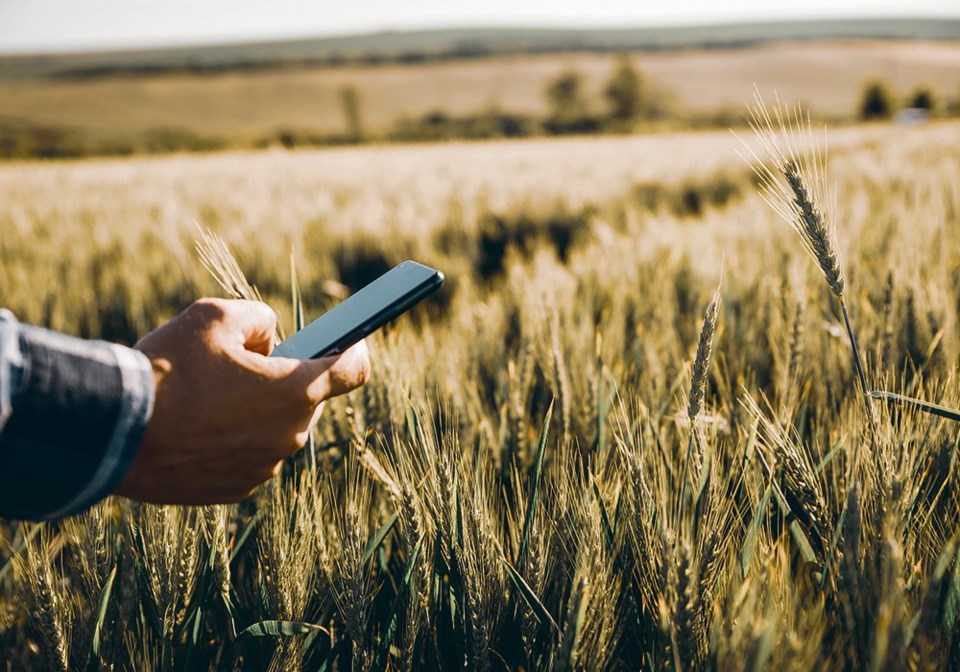WESTERN PRODUCER — A new awareness campaign wants to help farmers overcome their reluctance to talk about their mental health.
Embracing the Awkward is about starting conversations that can be challenging for many producers because it’s not something they grew up doing, said Megz Reynolds, executive director of the Do More Agriculture Foundation.
“Especially in agriculture, there’s such a strong stigma about keeping things inside and not talking about things, and not talking about our mental health… we want to bring awareness to the power of these conversations and the importance of these conversations.”
The campaign, which was launched April 14, will include everything from radio segments and podcasts to social media.
“We have audio clips of examples of conversations,” said Reynolds.
“We are going to be working with influencers to have them share some of those moments that have been challenging or awkward for them, those conversations where they have pushed past that and really been able to connect and support with someone.”
Although more research is needed, farmers are at a higher risk of chronic stress and anxiety than many other occupations, she said.
“And so, we understand that there are immense challenges in agriculture that are not necessarily present in other industries. You’re living where you work, you’re working with family, you have a lot of variables that are out of your control — variables that you need to be successful — and we also know that as producers, we tie our sense of self-worth to how our farm is doing, and that is unique to agriculture from other industries.”
Reynolds said the Do More Ag Foundation grew out of the need to support producers to prevent losing them to things such as suicide.
“Agriculture is an industry with a foundation of deep rural roots, hard work, resilience, strength and community,” said a statement on the foundation’s website.
“In order to uphold that image, those traits can also be the industry’s weakness as they become barriers for speaking up and seeking help. Producers are among the most vulnerable when it comes to mental health issues.”
Although these can range from burnout and emotional exhaustion to depression, mental health services can be hard to access in rural or remote areas, added the statement.
The Do More Ag Foundation was created about four years ago by people from Saskatchewan, but its employees work online and its board contains members from across the country.
“We aim to help bridge the gap of accessing those supports and services to farmers and their support network throughout Canada.”
There is a list of available resources on the foundation’s website, including crisis support lines, said Reynolds. The organization also provides things such as workshops to help producers better understand mental health, along with courses offered through its community fund, she added.
It also offers an agriculture literacy course for mental health support persons to help bridge the gap so that when producers reach out for help, “they have someone on the other end of the line or in person that understands the industry and where they’re coming from.”
However, the foundation is not itself a counselling service, she said.
“We are working to create awareness through campaigns like this.”
For more information, visit domore.ag.

